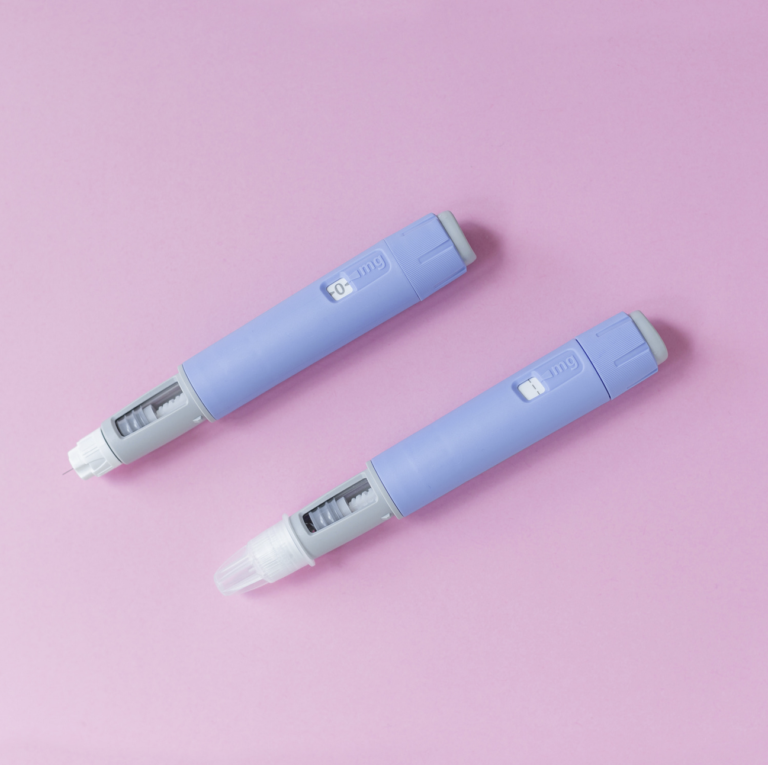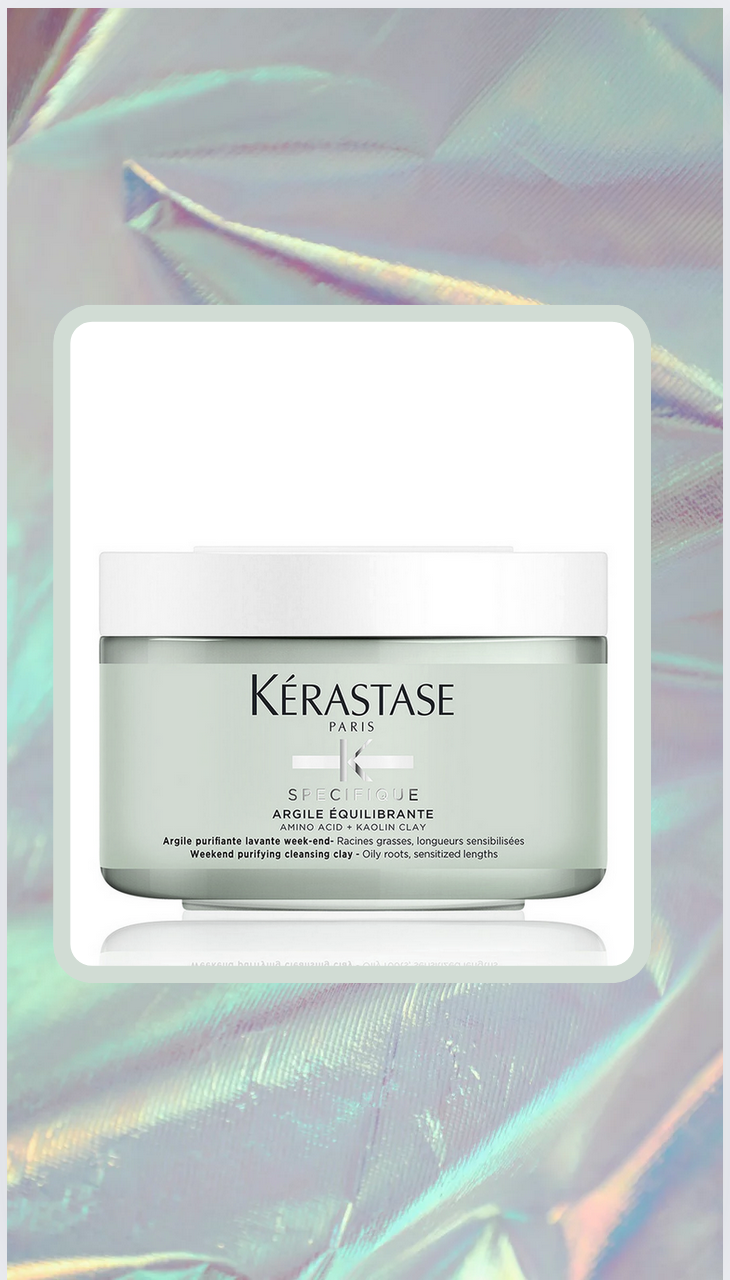Exploring the Benefits of Rhodiola Rosea: Enhancing Performance and Supporting Mental Health
Rhodiola rosea, also known as Golden Root or Arctic Root, is an adaptogenic herb that has been used for centuries to reduce stress, improve endurance, and enhance overall well-being. Native to Siberia and parts of Europe, this powerful herb is gaining increasing recognition for its potential benefits, particularly in improving physical performance and as an adjunct therapy for mental health conditions like depression. While more research is needed, the evidence we have today highlights its promising role in supporting both mental and physical health.
Rhodiola Rosea and Exercise Performance
One of the most well-researched benefits of Rhodiola rosea is its ability to enhance physical performance. As an adaptogen, Rhodiola helps the body respond more effectively to stress, including the physical stress that occurs during exercise. It has been shown to increase endurance, reduce fatigue, and improve recovery. This makes it a popular supplement among athletes and those looking to improve their workout performance.
Animal studies suggest that Rhodiola may work by maintaining healthy adrenal catecholamine activity during stress, including exercise-induced stress. Catecholamines, such as adrenaline, play a key role in the body’s stress response and energy metabolism. Rhodiola appears to modulate the release of these hormones, helping the body cope better with physical exertion and stress.

Several studies have supported these findings in humans. Rhodiola has been found to increase the time to exhaustion during endurance exercise, helping athletes push themselves further before fatigue sets in. Rhodiola can be a valuable natural aid for improving physical performance by boosting energy metabolism.
Rhodiola Rosea as an Adjunct in Treating Depression
Rhodiola rosea is also being studied for its potential role in supporting mental health, particularly as an adjunct therapy for depression. Depression is a complex condition, and while traditional treatments like antidepressants are effective for many, not all patients achieve full remission. This has led researchers to explore alternative therapies, such as Rhodiola, to complement conventional treatments.
In a 12-week trial involving 98 patients with mild to moderate unipolar depression, Rhodiola was used as an adjunct to the commonly prescribed antidepressant, sertraline. Patients were randomly assigned to receive sertraline plus either a low dose of Rhodiola (0.3 g/day), a higher dose (0.6 g/day), or a placebo. The results were promising: patients receiving Rhodiola showed greater improvements in their depressive symptoms compared to those taking a placebo. Moreover, the herb was well-tolerated, suggesting that it may be a safe addition to conventional antidepressant therapies.
However, the evidence regarding Rhodiola’s efficacy for depression is still mixed. Some studies have shown more robust benefits, while others have found more modest improvements. The lack of independent replication in some of these studies indicates a need for further research to clarify its potential as a reliable adjunct therapy for depression.
The Need for Further Research
While Rhodiola rosea shows great promise for improving physical performance, managing stress, and supporting mental health, more independent studies are still needed to replicate existing findings. Many of the studies conducted so far have demonstrated potential benefits, but a lack of consistent replication means that more research is needed to confirm these effects.
Nonetheless, Rhodiola remains a popular and widely used herb for stress relief, mental clarity, and endurance enhancement. Its rich history as a traditional remedy, combined with emerging scientific evidence, makes it a compelling option for those looking to boost their physical and mental performance naturally.
Conclusion
Rhodiola rosea is a versatile adaptogen with the potential to improve both physical and mental well-being. It has been shown to enhance exercise performance by reducing fatigue and supporting energy metabolism, while its role as an adjunct therapy for depression shows promise in improving mood and reducing symptoms. As a stress reliever, Rhodiola offers cardioprotective benefits and cognitive support, making it a valuable herb for modern-day stressors.
While Rhodiola rosea is generally considered safe and well-tolerated, it is important to be aware of potential contraindications. Rhodiola may not be suitable for individuals taking adrenergic-blocking medications or anti-arrhythmic drugs. As with any supplement, it is always a good idea to consult with a healthcare provider before adding Rhodiola to your regimen, especially if you are taking medication or have underlying health conditions.
https://pubmed.ncbi.nlm.nih.gov/32090788
https://pubmed.ncbi.nlm.nih.gov/15256690
https://www.sciencedirect.com/science/article/abs/pii/S0944711310002680?via%3Dihub







